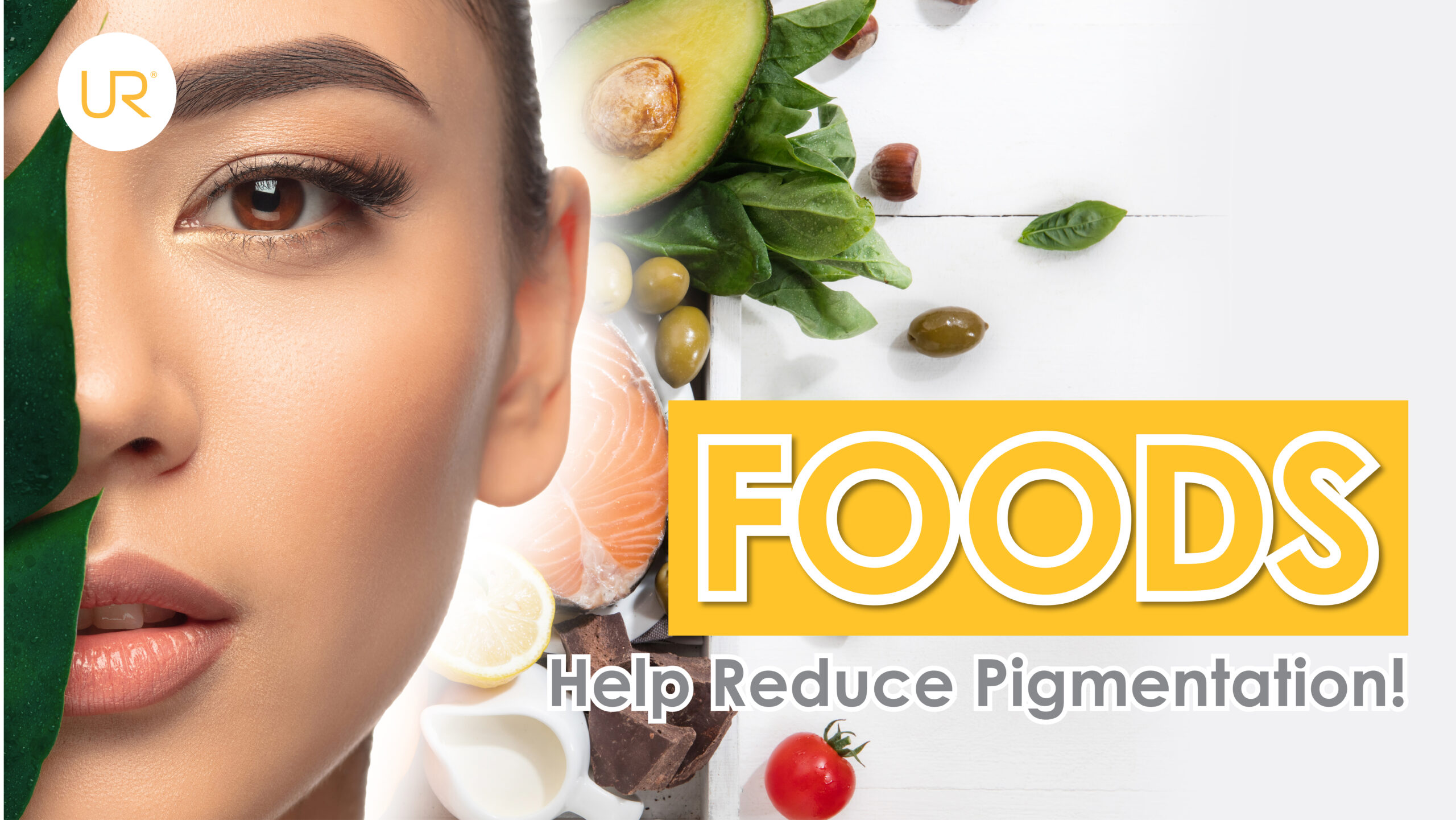
01 Mar Foods That Help Reduce Pigmentation in Malaysia: A Diet Guide
Pigmentation is a common skin concern that affects people of all ages and skin types. It occurs when the skin produces too much melanin, resulting in dark spots or patches. While there are several treatments available for pigmentation, including topical creams, chemical peels, and laser therapy, a healthy diet can also play a crucial role in reducing pigmentation. In this blog post, we will discuss some foods that can help reduce pigmentation and improve your overall skin health.
Citrus Fruits: Citrus fruits like oranges, lemons, and grapefruits are rich in vitamin C, a powerful antioxidant that can help reduce pigmentation. Vitamin C helps to brighten the skin and reduce the appearance of dark spots by inhibiting the production of melanin. It also helps to boost collagen production, which can help improve skin elasticity and reduce the appearance of fine lines and wrinkles.
Leafy Greens: Leafy greens like spinach, kale, and broccoli are rich in antioxidants like vitamins A, C, and E. These vitamins can help protect the skin from environmental damage and reduce inflammation, which can contribute to pigmentation. Additionally, leafy greens contain folate, a nutrient that can help improve skin tone and reduce the appearance of dark spots.
Tomatoes: Tomatoes are an excellent source of lycopene, a powerful antioxidant that can help protect the skin from UV damage and reduce pigmentation. Lycopene can also help improve skin texture and reduce the appearance of fine lines and wrinkles.
Nuts and Seeds: Nuts and seeds like almonds, walnuts, and sunflower seeds are rich in vitamin E, a potent antioxidant that can help protect the skin from environmental damage and reduce pigmentation. Vitamin E can also help improve skin hydration and reduce inflammation.
Green Tea: Green tea is rich in catechins, a type of antioxidant that can help protect the skin from UV damage and reduce pigmentation. Drinking green tea regularly can also help improve skin hydration and reduce inflammation.
In addition to these foods, it’s also essential to stay hydrated by drinking plenty of water throughout the day. Dehydration can make pigmentation more noticeable, so staying hydrated can help improve skin texture and reduce the appearance of dark spots.
While a healthy diet can help reduce pigmentation, it’s important to remember that it may take time to see results. Be patient and consistent with your diet, and remember to use sunscreen daily to protect your skin from further damage. If you have severe or persistent pigmentation, it’s always best to consult a dermatologist for personalized treatment recommendations.


